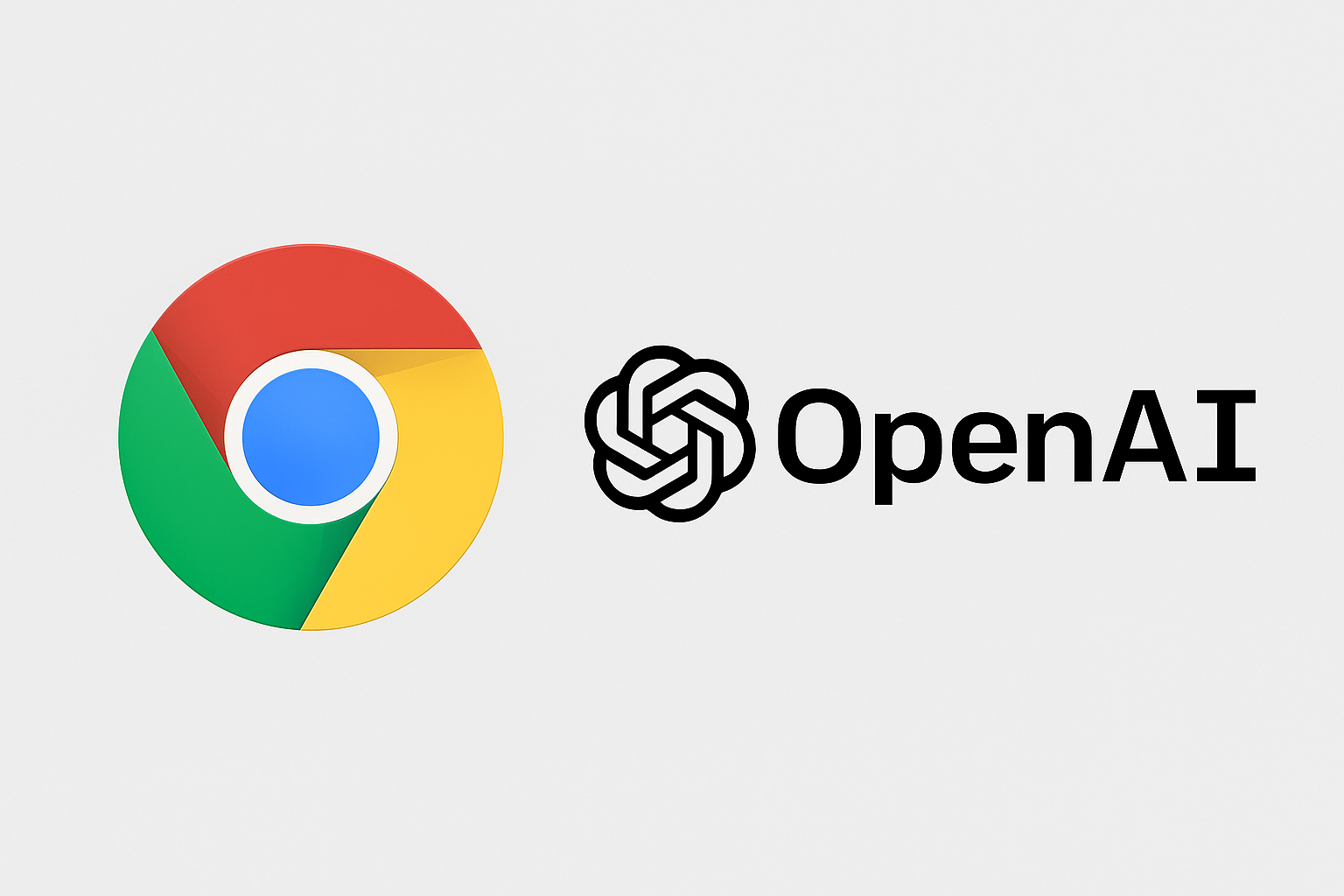In a surprising twist during the ongoing antitrust trial against Google, OpenAI has expressed interest in purchasing Google Chrome—yes, the world’s most popular browser—if it ever becomes available.
This revelation came straight from the courtroom, and it signals something bigger than just corporate ambition. It shows how the lines between AI, search engines, and internet browsers are blurring fast, and how tech giants are vying for control over how we access and interact with information online.
Let’s unpack why OpenAI wants Chrome, what’s happening with Google, and what all this means for the future of the web.
Why Would OpenAI Want Chrome?
During his testimony in the U.S. Department of Justice's antitrust case against Google, Nick Turley, OpenAI’s Head of Product, emphasized that search is crucial for OpenAI's mission. He revealed that OpenAI had previously sought a partnership with Google to integrate its search capabilities into ChatGPT, but the proposal was declined. Currently, ChatGPT relies on Microsoft's Bing for search data, but Turley noted significant quality issues with that provider.
Here’s the bold twist: Turley disclosed that OpenAI would be interested in acquiring Chrome if it were spun off as a result of regulatory actions. Owning Chrome would give OpenAI a direct channel to users—and, most importantly, to their search behavior, which fuels how modern AI tools learn and respond.
Why Chrome Might Be Up for Sale (Someday)
So why would Google ever give up Chrome?
It wouldn’t—unless forced to.
The DOJ’s antitrust lawsuit argues that Google has been abusing its market power, especially in search, to stifle competition. One of the proposed remedies? Breaking up parts of Google’s empire, possibly including its search division or Chrome.
That’s where OpenAI’s interest comes in. If the court finds Google guilty of anti-competitive practices and orders a divestiture, Chrome could hit the market—and OpenAI would be ready.
AI–Search–Browser Triangle
This story is about more than just two companies. It’s about how the web is evolving:
• AI tools like ChatGPT are becoming the new way people search for information.
• Browsers like Chrome control how we reach websites and services.
• Search engines like Google and Bing sit in between, monetizing our curiosity.
If a company like OpenAI owned both the AI assistant (ChatGPT) and the browser (Chrome), it could completely reshape how we navigate the internet. Imagine typing a question directly into your browser and getting an AI-powered answer—no need for a traditional search engine at all.
That’s a massive shift in how the web works—and who profits from it.
The Bigger Picture: Regulation and the Race for AI Dominance
This all comes back to competition and regulation.
Google has faced criticism for making exclusive deals with Android phone makers to pre-install its apps—including Chrome, Google Search, and the new Gemini AI. Regulators argue this locks out competition, including OpenAI, from gaining fair access to users.
With OpenAI now stepping up—not just as a software company but potentially as a hardware-level competitor through Chrome ownership—the dynamics are changing fast.
The idea of OpenAI owning Chrome may sound far-fetched today, but it reveals how AI and browser technology are converging. If the DOJ’s case leads to big changes, we could see a completely different web experience within just a few years—one where AI, not search engines, takes center stage.
And if Chrome changes hands? That could be the tipping point.

